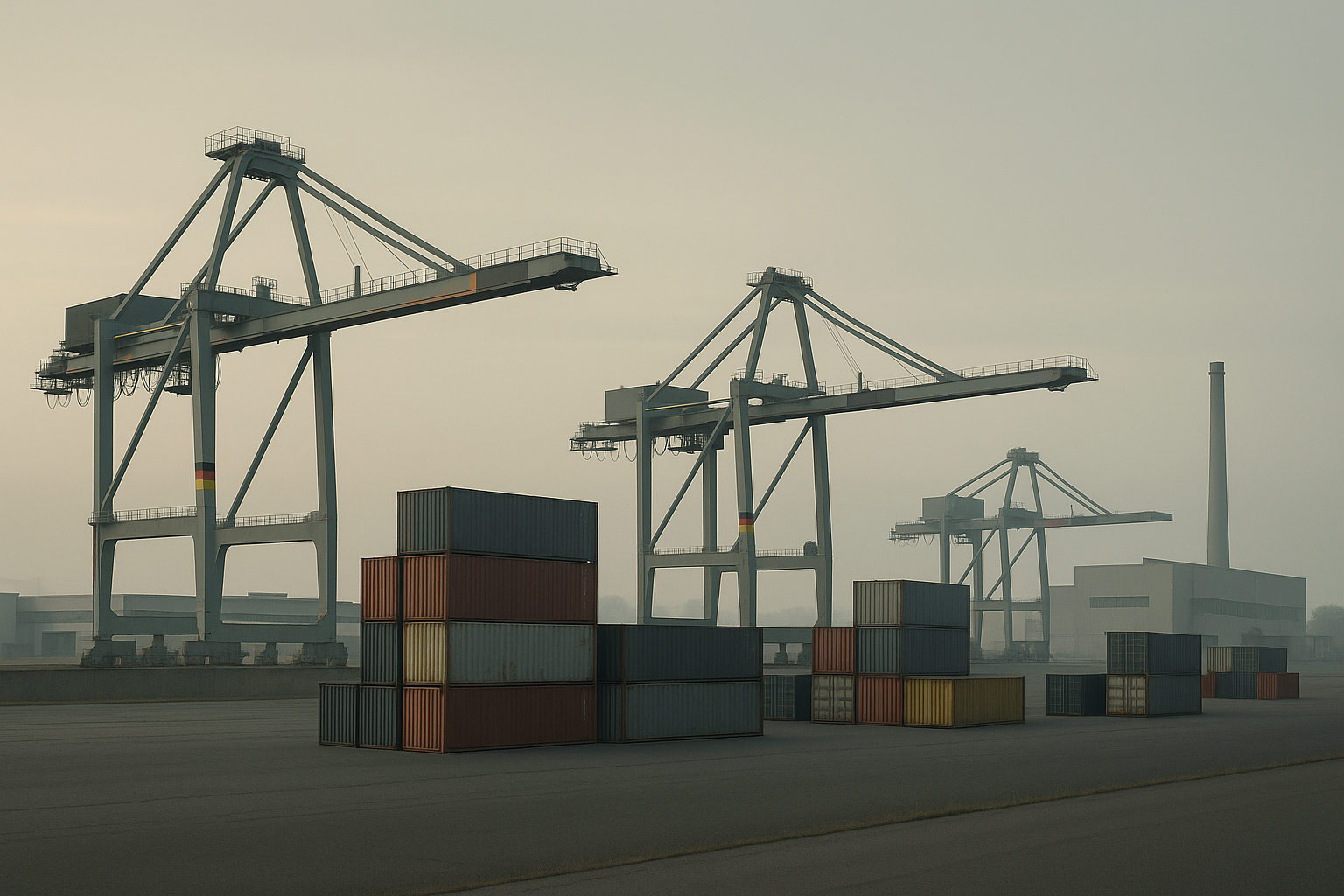NEW PARADIGM
Forum newsletter: The comeback of the faith economy? / Short Cuts with Wolfgang Muenchau and Mark Blyth
From our Forum New Economy newsletter series
BY
THOMAS FRICKEPUBLISHED
15. AUGUST 2025READING TIME
2 MIN
Dear friends and colleagues,
There is something strange about this development: business newspapers are naming a whole group of new columnists, and the Minister for Economic Affairsis replacing her internationally renowned chief economist with a new one. Not because, say, there are new findings and trends in research – and the old ones no longer correspond to the modern state of science. The newcomers are praised and their appointment justified on the grounds that they think in a ‘more market-oriented’ way – which is a long-standing quirk in Germany of mixing scientific rigour with the supposedly correct (own) attitude, but which does not improve the situation.
Of course, every government has its preferred experts, because every economic policy always involves value judgements – and there is no simple truth in economics. However, the idea that the more economic policy advice focuses on free markets, the better it is, seems somewhat bizarrely antiquated in 2025. The election of a conservative government does not undo the fact that overly free markets have proven dangerous in certain areas: that deregulated labour markets lead to entrenched low-wage sectors; that unbridled globalisationcreates too many losers who now distrust democracy; a market-based climate policy alone does not achieve its goals; or free global trade has brought with it enormous imbalances and dependencies that now make a country like Germany dangerously vulnerable to blackmail.
All of this has now been thoroughly researched and is the consensus among scientists beyond the shrill black-and-white economics. In 2025, it will no longer be a matter of claiming, against all empirical evidence, that the market is always better. Instead, it will be about how exactly the roles of the market and the state can be balanced in a refined form of capitalism – for a more targeted use of market forces where it is indisputably good; and about finding out how exactly governments can pursue forward-looking industrial and climate policies without making the mistakes of old bureaucracy. The answer may sometimes be ‘more market’, but often it is also ‘more countermeasures’. Expecting only one answer here is grotesque – and also dangerous for the country and its people.
The current crisis in the German export industry shows where blind faith in the market economy can lead. For years, trade with the rest of the world repeatedly resulted in enormous export surpluses, which, according to ordoliberal thinking, was simply the result of free market forces. The motto was: Germans are just good at what they do. The fact that such surpluses are not sustainable in the long term, even according to market liberal models, was ignored. Now it is no longer the market that is taking care of the matter, but Donald Trump, who wants to force a balance through (asymmetrical) tariff agreements that threaten to become expensive for Germany and its economy.
On Monday, we will discuss the consequences of Germany’s penchant for export surpluses with Wolfgang Muenchau in our New Economy Short Cut ‘From Export Miracle to Crisis.’ The former FT columnist will present the analysis from his book ‘Kaputt,’ which has just been published in German. Commentary by Sander Tordoir, Chief Economist at the Centre for European Reform – on Monday, 18 August, at 4 p.m.
Save the date: on 27 August at 4 p.m., there will be a Short Cut with Mark Blython his recently published book ‘Inflation – A Guide for Users and Losers’. A similar phenomenon: here, too, those who relied on the old doctrine were wrong. More to come.
Have a great weekend,
Thomas Fricke
This text is from our bi-weekly newsletter series. To subscribe, click here.
